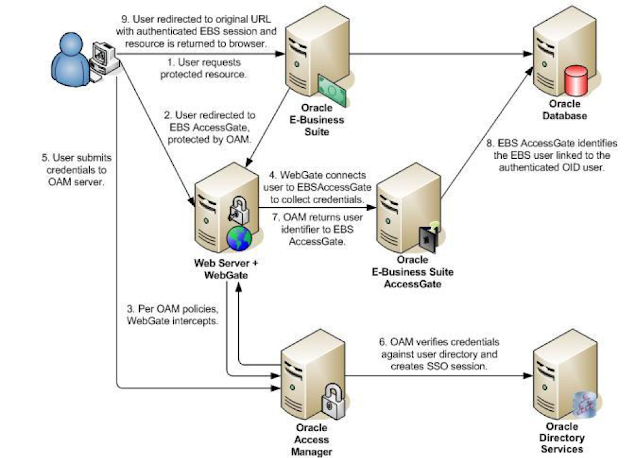Oracle Flashback Technology provides a set of features that support viewing and rewinding data back and forth in time. The flashback features offer the capability to query past versions of schema objects, query historical data, analyze database changes, or perform self-service repair to recover from logical corruptions while the database is online.
* Oracle Flashback Query feature lets you specify a target time and then run queries against your database, viewing results as they would have appeared at that time. To recover from an unwanted change like an erroneous update to a table, a user could choose a target time before the error and run a query to retrieve the contents of the lost rows.
* Oracle Flashback Version Query lets you view all the versions of all the rows that ever existed in one or more tables in a specified time interval. You can also retrieve metadata about the differing versions of the rows, including start time, end time, operation, and transaction ID of the transaction that created the version. This feature can be used both to recover lost data values and to audit changes to the tables queried.
* Oracle Flashback Transaction Query lets you view changes made by a single transaction, or by all the transactions during a period of time.
* Oracle Flashback Table returns a table to its state at a previous point in time. You can restore table data while the database is online, undoing changes only to the specified table.
* Oracle Flashback Drop reverses the effects of a DROP TABLE statement.
* Oracle Flashback Database provides a more efficient alternative to database point-in-time recovery. When you use flashback database, your current datafiles revert to their contents at a past time. The result is much like the result of a point-in-time recovery using datafile backups and redo logs, but you do not have to restore datafiles from backup and you do not have to re-apply as many individual changes in the redo logs as you would have to do in conventional media recovery.
Flashback Table, Flashback Query, Flashback Transaction Query and Flashback Version Query all rely on undo data, records of the effects of each update to an Oracle database and values overwritten in the update. Used primarily for such purposes as providing read consistency for SQL queries and rolling back transactions, these undo records contain the information required to reconstruct data as it stood at a past time and examine the record of changes since that past time.
Sharing real time knowledge,issues on Oracle Apps DBA and Oracle DBA
Subscribe to:
Post Comments (Atom)
Oracle EBS integration with Oracle IDCS for SSO
Oracle EBS integration with Oracle IDCS for SSO Oracle EBS SSO? Why is it so important? Oracle E-Business Suite is a widely used application...

-
Enabling TLS in Oracle Apps R12.2 Here we would be looking at the detailed steps for Enabling TLS in Oracle Apps R12.2 Introduction: ...
-
R12.2. Services Start and Stop Procedure All components - Application (Middle Tier) START $INST_TOP/admin/scripts adstrtal.s...
-
Apps password change routine in Release 12.2 E-Business Suite changed a little bit. We have now extra options to change password, as well ...

No comments:
Post a Comment